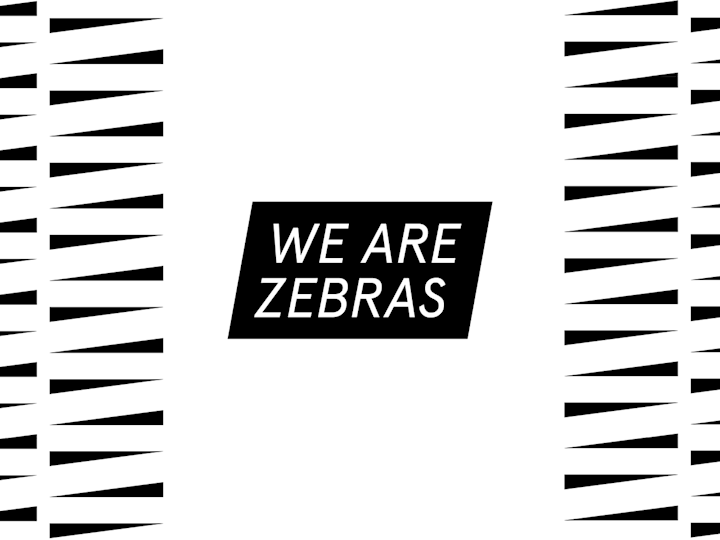Startups that are worth more than a billion dollars are called unicorns. If you ask us, their time as role models has run out. The future belongs to companies that want more than growth. We call them zebras. Why change is needed.
Successful startups? You usually there think of companies like Uber, Airbnb, Lime, N26 or Delivery Hero. In their world, you’re successful when you’re worth a whole pile of money. The ultimate award is the 1 billion dollar valuation. Young companies that reach this milestone can call themselves a “unicorn”. The term has been firmly established in the start-up and investor environment since 2015: as a symbol for rapid growth, for high-flyers who take the markets by storm and are then celebrated as stars of the scene.
These companies are called unicorns because they are very rare. Very few, that’s the message, make it into the magical club of billion-dollar startups. Strictly speaking, this comparison is of course nonsense. Because unicorns are not rare, they don’t exist. They are mythical creatures. According to historians, the origin of their myth lies in Babylonian wall paintings. However, the animals are drawn in profile there. No wonder that only one horn can be seen. The unicorns were probably simply aurochs.
People, climate, society? All of this is secondary for the unicorns
Many of the billion dollar start-ups lose their magic on closer inspection. The e-scooter companies Lime and Bird, for example, reached the billion-dollar rating in just six months. But they have had a crazy number of cheap e-scooters produced in China, most of which don’t last longer than 28 days. We could go on and on. Whether it’s Uber, Airbnb or N26 - the unicorns are often so focused on growth that there is little space next to them. People, climate, society? For them, all of this is secondary. Following the example of Amazon, Google and Facebook, they want to achieve quasi-monopoly positions in the shortest possible time. We believe that these companies are no longer suitable role models. We think that, instead, startups are needed which are not only looking for growth and profit, but who also see themselves as service providers for society. Those who focus on sustainability, and on cooperation instead of confrontation. Fortunately, the number of social businesses that feel connected to these ideals is already high, and rising. Often, however, they still lack the clout, the necessary attention and yes, maybe a little megalomania, so that they can change the world not only in small aspects. We believe that companies that do good should grow ambitiously, scale up quickly and take advantage of new technologies. Together we want to do more. With a new idol: the zebra. The zebra movement already exists in the United States. It was founded in 2017 by four women who wanted to counter the unicorn model: Astrid Scholz, Mara Zepeda, Jennifer Brandel and Aniyia Williams. We think that Europe needs the zebras just as urgently!
Why zebras?
Because zebras are real! A significant competitive advantage over unicorns. They really solve problems, instead of inventing customer “needs” and satisfying them in the same breath with their own business model.
Zebras are black and white, unicorns are pure white. Unicorns only stand for profit and nothing else. Zebras stand for profit AND charity. After all, it’s not just the shareholder who has values
Zebras are agile and fast. Even as a herd, they can react quickly to dangers and new circumstances. New technologies, new markets, new demands - no problem for zebras.
Zebras have been around for millions of years and they will be around for a long time. Because zebras look further than the next quarterly report. They see big changes coming and are already preparing for them today.
Zebras are proud. They cannot be tamed or ridden. They pursue their goal, are not easy to influence and do not sell their values. Which doesn’t mean they can’t adapt quickly. But because they want to, not because they should.
Zebras are herd animals. They work well together. They strengthen each other’s strengths and weaken each other’s weaknesses. Of course, every zebra makes sure that it gets enough resources itself, but it also makes sure that there is still a planet afterwards. And zebras can only do this together.
And that’s where you come in!
Tomorrow is just such a zebra. And we want to be part of a herd. So let’s get the idea of the zebras out there. Share this text under the hashtag #wearezebras, comment on it, and report on your own thoughts and experiences. We cordially invite you to our meet-up on this topic on February 19. – you can register here. Ideas and suggestions are also welcome at zebra@tomorrow.one.
